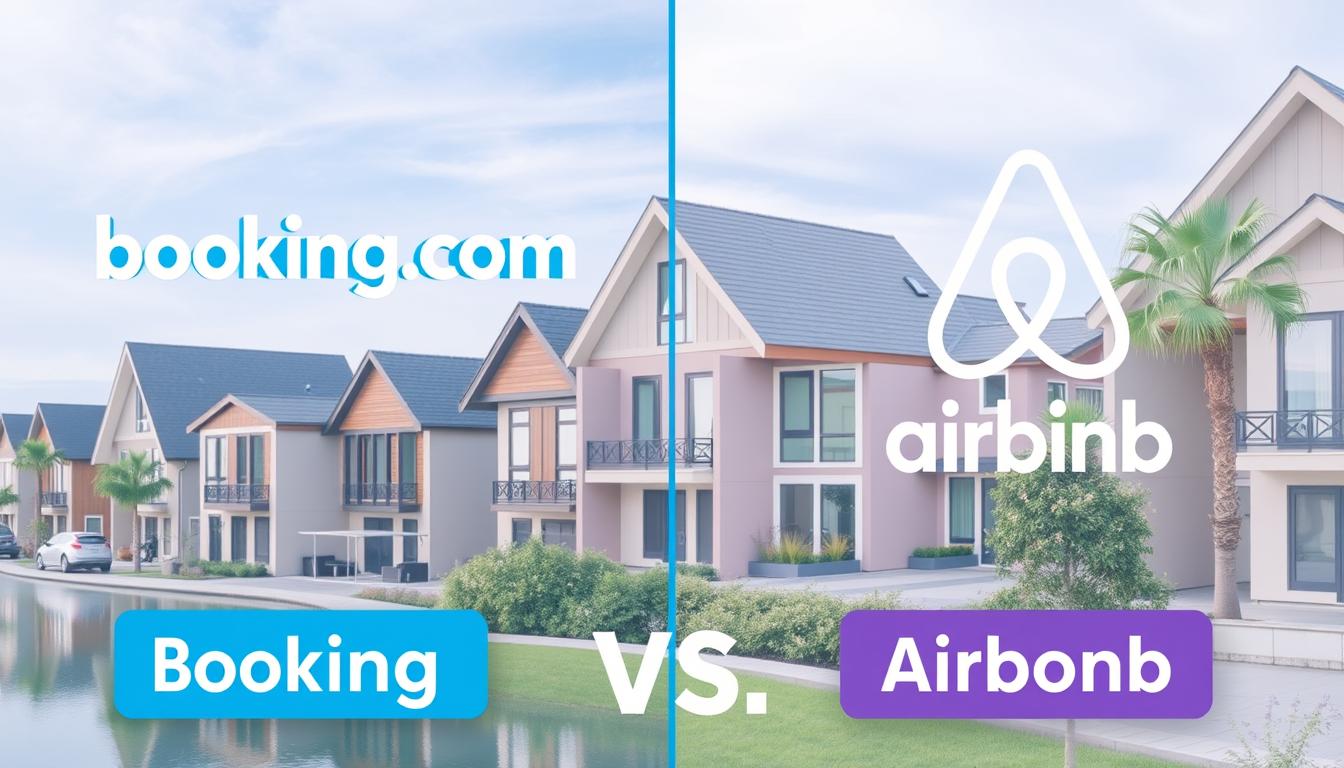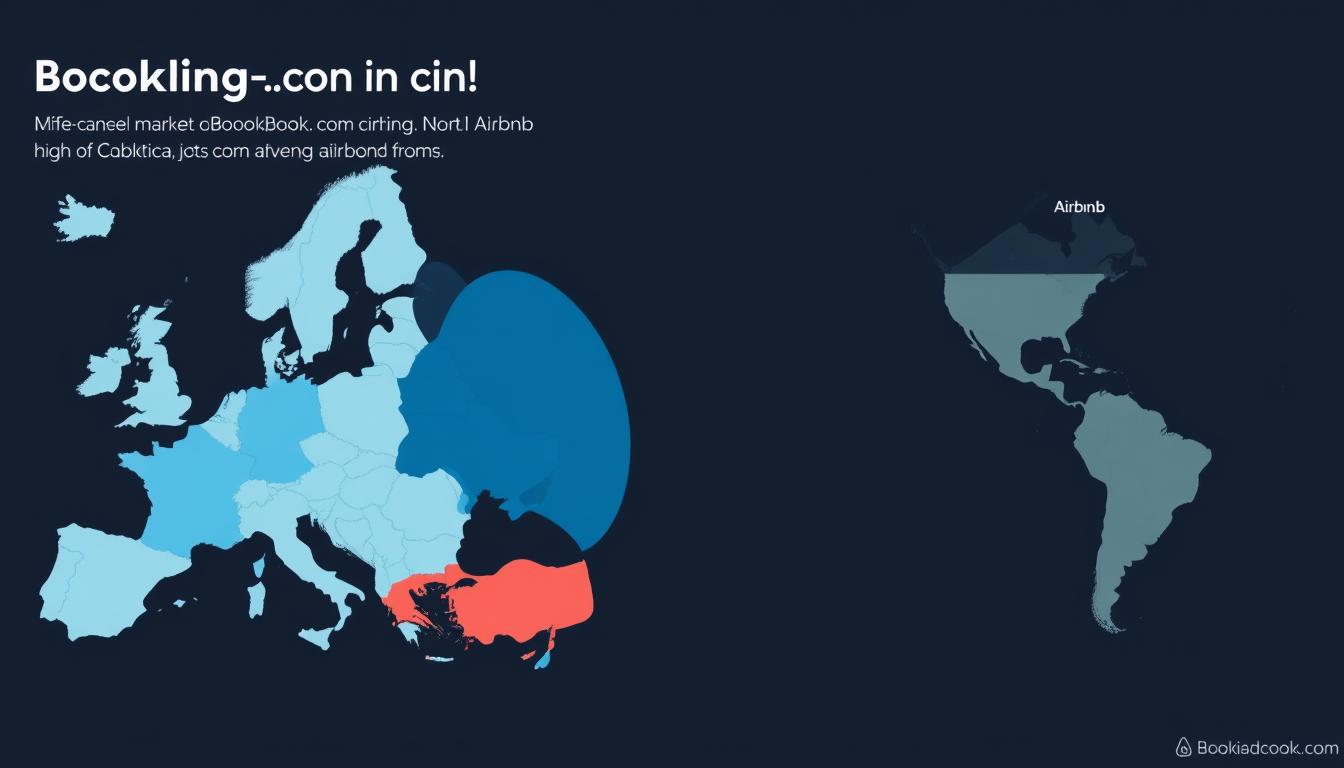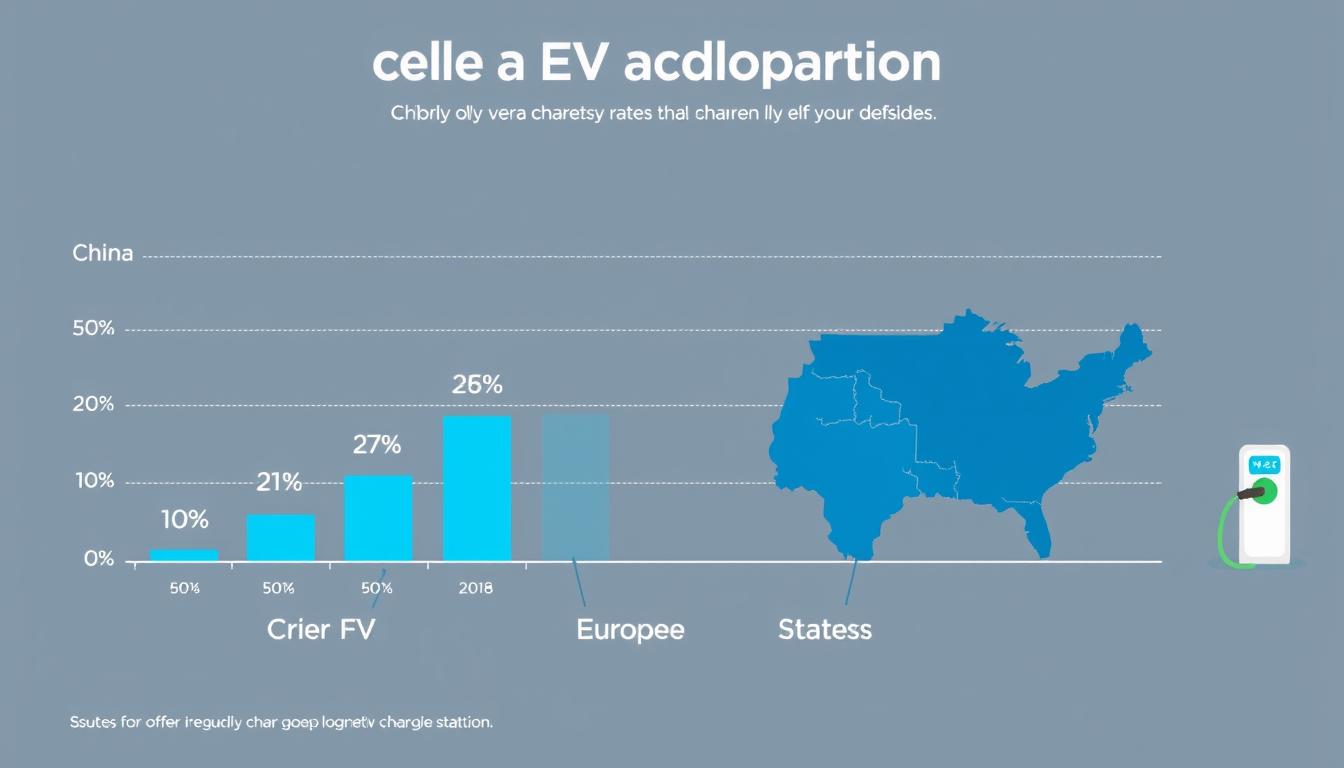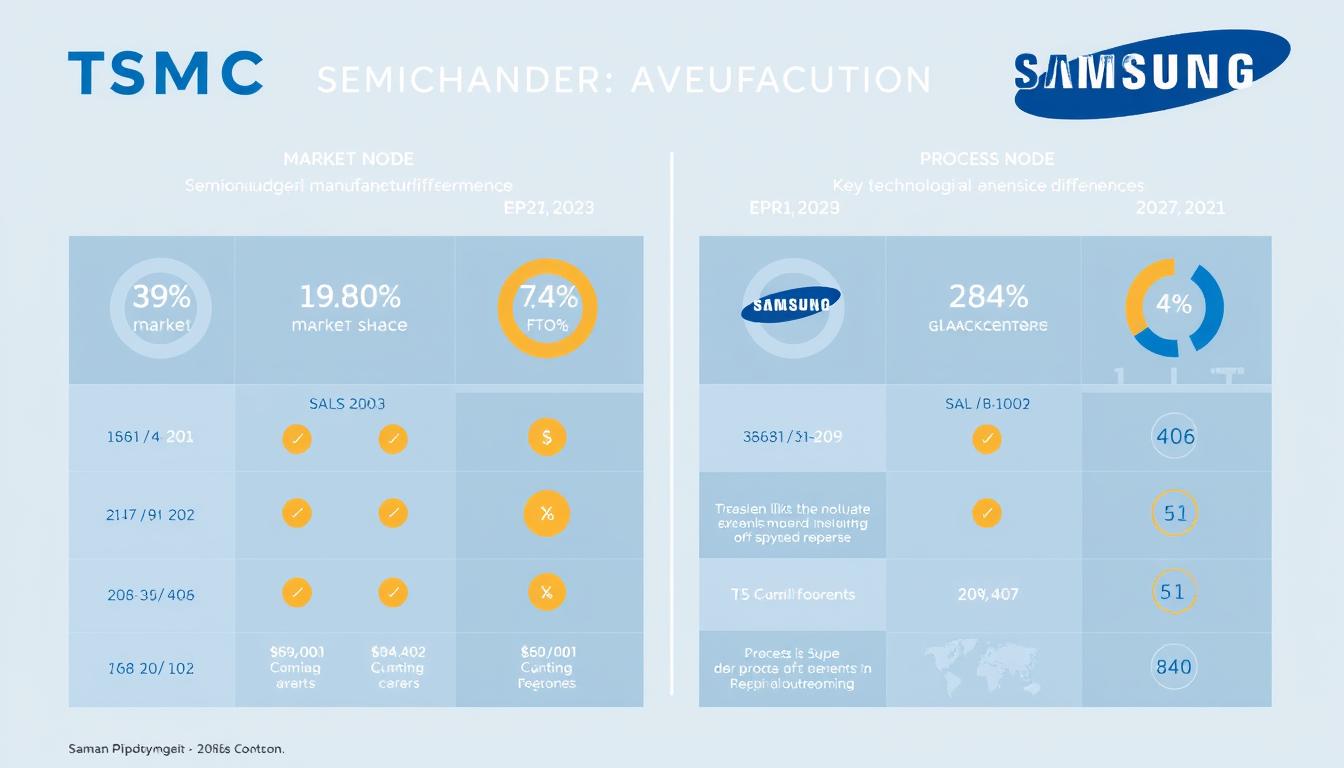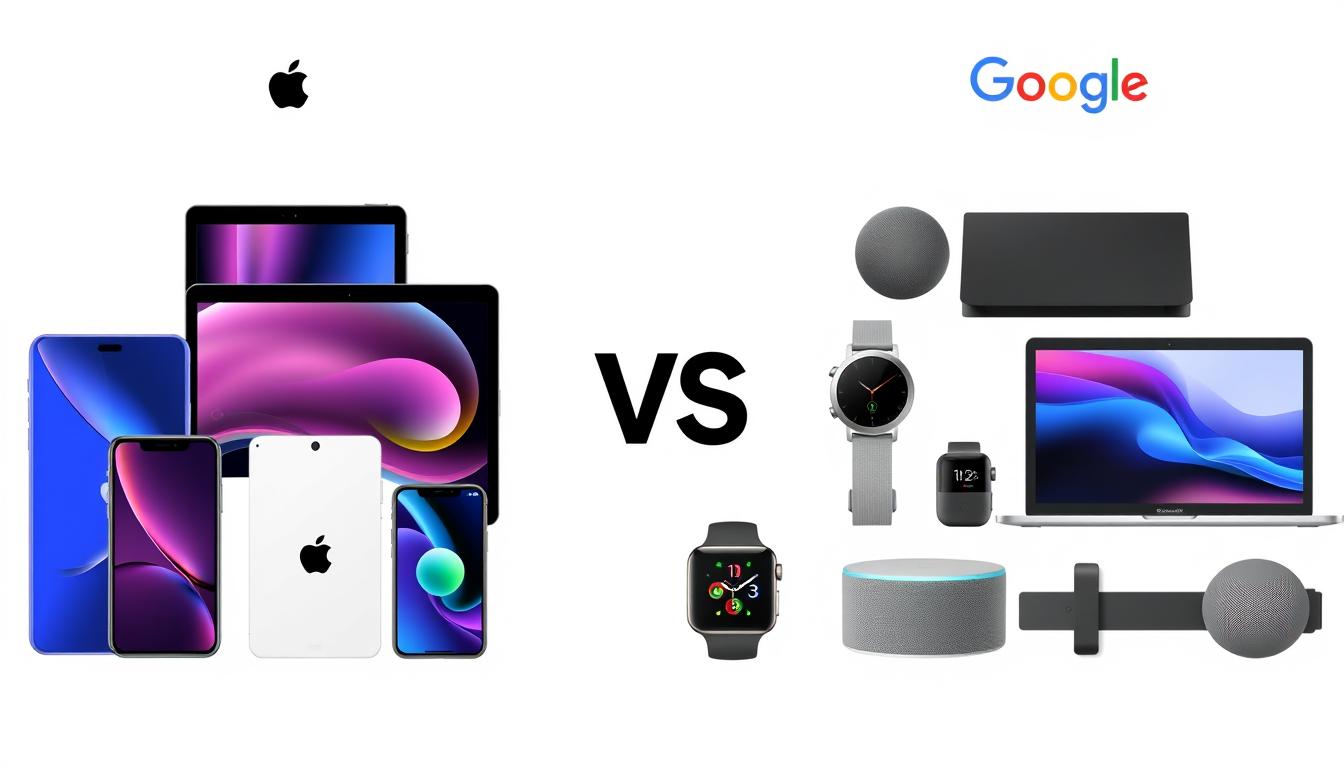The vacation rental landscape has been transformed by two dominant platforms: Booking.com and Airbnb. For property owners and managers navigating this competitive space, understanding the key differences between these giants is crucial for maximizing revenue and streamlining operations. This comprehensive comparison explores how each platform operates, their unique strengths, and which might be the better fit for your property portfolio.
Company Overview: Two Different Origin Stories
Booking.com and Airbnb emerged from different eras with distinct visions for the travel industry. Understanding their origins helps explain their current approaches to the market.
Booking.com
Founded in 1996 in Amsterdam, Netherlands, Booking.com began as a small Dutch startup called Booking.nl. The company was acquired by Priceline Group (now Booking Holdings) in 2005 for $133 million, which proved to be one of the most successful acquisitions in online travel history.
Initially focused on hotel reservations, Booking.com gradually expanded its inventory to include alternative accommodations. Today, it operates in 226 countries and territories with over 28 million reported accommodation listings.
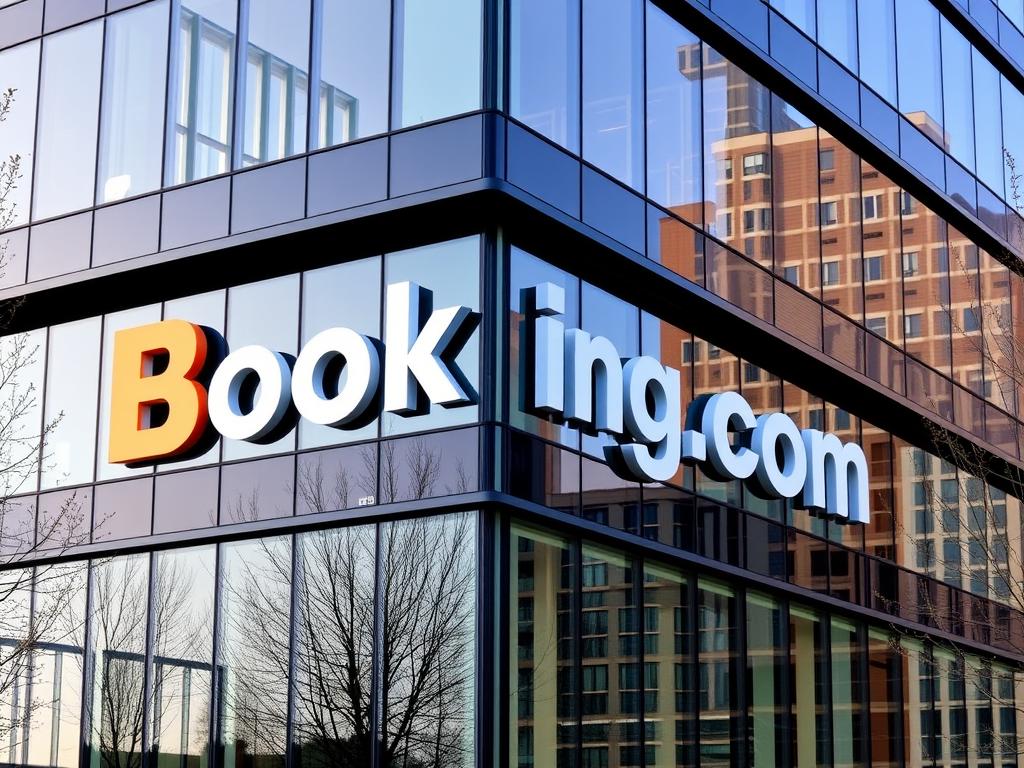
Airbnb
Airbnb launched in 2008 when two San Francisco roommates, Brian Chesky and Joe Gebbia, rented out air mattresses in their apartment during a design conference when city hotels were fully booked. This peer-to-peer concept quickly gained traction, and the company secured its first funding in 2009.
After explosive growth, Airbnb went public in December 2020 with one of the largest IPOs of the year. The platform now operates in over 220 countries with approximately 7 million active listings worldwide.

Core Business Models: Hotels vs. Homes
The fundamental difference between Booking.com and Airbnb lies in their business models and target inventory, though these distinctions have blurred somewhat in recent years.
| Feature | Booking.com | Airbnb |
| Primary Focus | Hotel aggregator with expanded inventory | Peer-to-peer home sharing and experiences |
| Inventory Types | Hotels, apartments, vacation homes, B&Bs | Private homes, unique stays, experiences |
| Host Interaction | Minimal, hotel-style service model | Emphasized as part of the experience |
| Recent Expansion | Adding more vacation rentals and homes | Pushing into long-term stays and experiences |
| Commission Structure | Host-only fee (15-20% average) | Split fee or host-only fee options |
Booking.com has traditionally catered to travelers seeking hotel-like accommodations with standardized service expectations. Their platform was built for volume and efficiency, with minimal guest-host interaction. Airbnb, conversely, built its brand around unique stays and local experiences, emphasizing the connection between hosts and guests.
In recent years, both platforms have expanded beyond their original models. Booking.com has aggressively added vacation rentals to its inventory, while Airbnb has introduced standardized service tiers like Airbnb Plus and pushed into the experiences market.
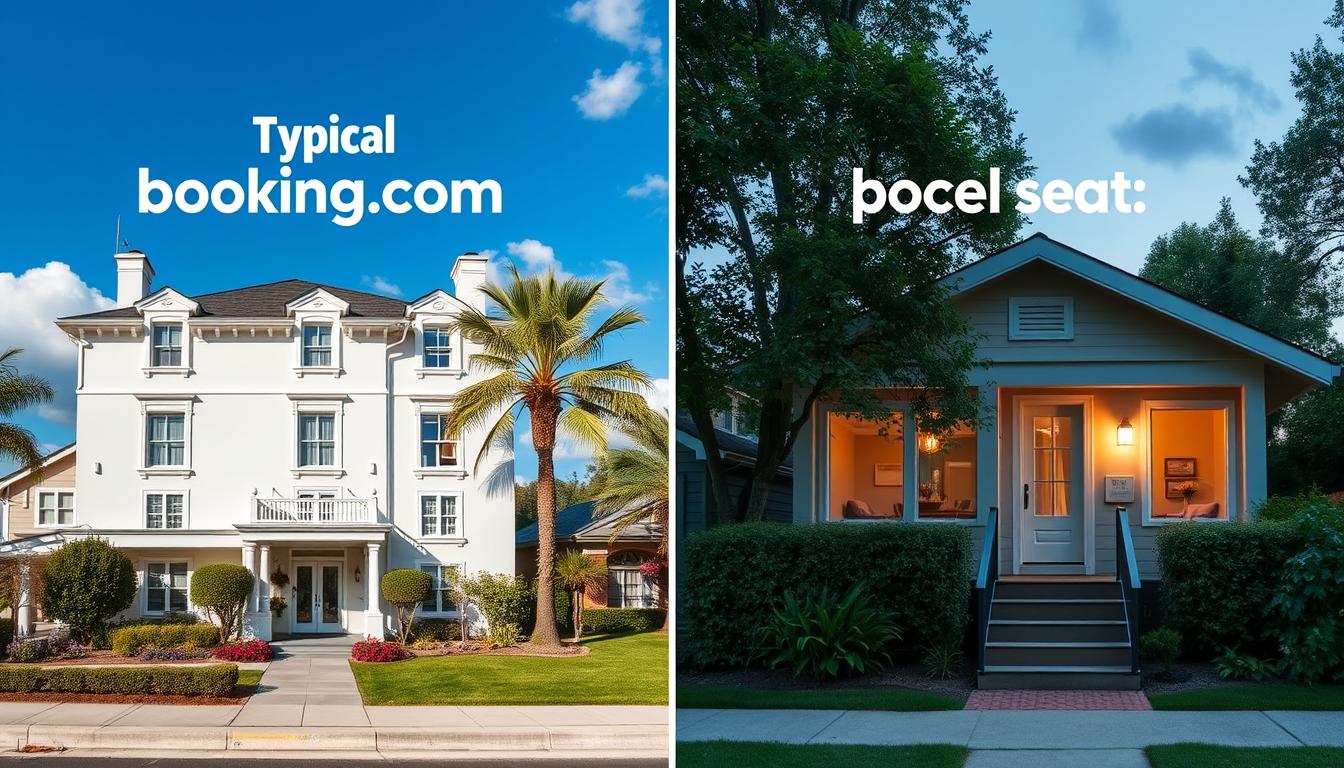
Strengths and Weaknesses: Platform Comparison
Each platform offers distinct advantages and faces unique challenges that property owners should consider when deciding where to list.
Booking.com Strengths
- Larger global reach with stronger presence in Europe and Asia
- Higher booking volume and frequency for many properties
- Powerful marketing and retargeting capabilities
- Hotel-trained guests with clear expectations
- Less communication required with guests pre-booking
Booking.com Challenges
- Higher commission rates (15-20% average)
- More complex listing setup process
- Hotel-like service expectations from guests
- Limited guest screening capabilities
- No built-in damage protection
Airbnb Strengths
- Strong brand recognition and loyal user base
- Better tools for host protection and damage claims
- Guest review system helps screen potential guests
- More flexible cancellation policy options
- Better suited for unique properties and experiences
Airbnb Challenges
- More guest communication required
- Stricter penalties for host cancellations
- Ongoing regulatory challenges in many cities
- Can be difficult to stand out in saturated markets
- Potentially lower booking volume in some regions

Guest Experience and Expectations
The booking platform significantly influences guest expectations and behavior, which directly impacts how you’ll need to manage your property.
Booking.com Guests

- Expect hotel-like amenities and service standards
- Often book last-minute with shorter stays
- Minimal pre-booking communication
- Higher expectations for standardized experiences
- More likely to be business travelers or traditional tourists
Airbnb Guests

- Value authentic, local experiences
- Typically book further in advance
- Engage in more pre-booking communication
- Appreciate unique property features and personal touches
- Often younger travelers seeking “living like a local”
Host Interaction Level
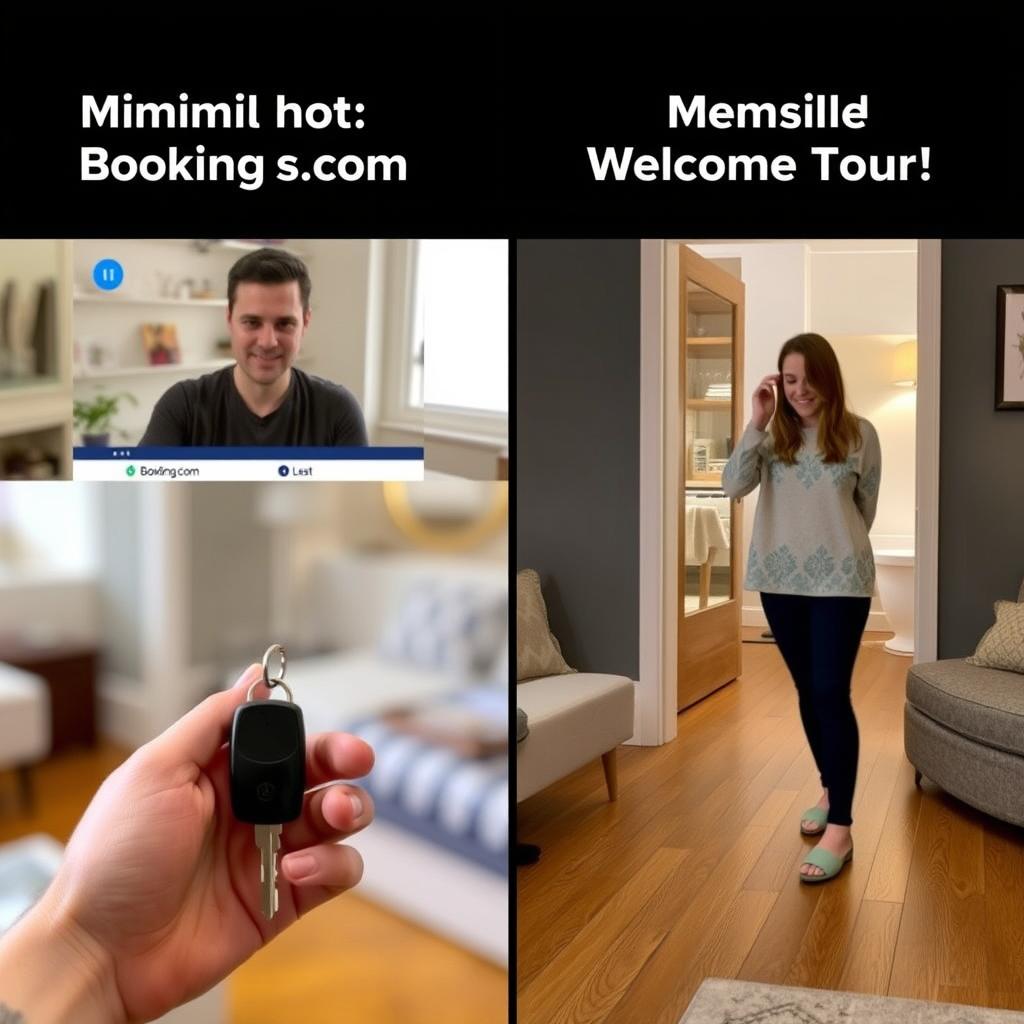
- Booking.com: Minimal, professional service model
- Airbnb: More personal, relationship-focused
- Booking.com guests expect efficiency
- Airbnb guests value local insights and tips
- Different review criteria based on platform expectations
“Understanding the distinct guest expectations on each platform is crucial. Booking.com guests often expect hotel-like efficiency, while Airbnb guests value personal connection and unique experiences. Tailoring your approach to each platform can significantly impact your reviews and booking rate.”
Listing Process and Setup
The process of creating and managing listings differs significantly between platforms, affecting your initial setup time and ongoing management requirements.
Booking.com Listing Process
Setting up on Booking.com involves a more structured, data-heavy approach. The platform requires detailed information about your property, including specific room configurations, amenities, and policies. The process is designed for efficiency rather than storytelling.
Booking.com Setup Requirements:
- Detailed property and room specifications
- Payment processor setup for guest transactions
- Cancellation policy selection from limited options
- Property verification process before going live
- Rate plans and availability calendar configuration
The Booking.com interface is built for professional property managers, with tools focused on inventory management rather than brand building. While the initial setup is more complex, the day-to-day management can be more streamlined for multi-property owners.
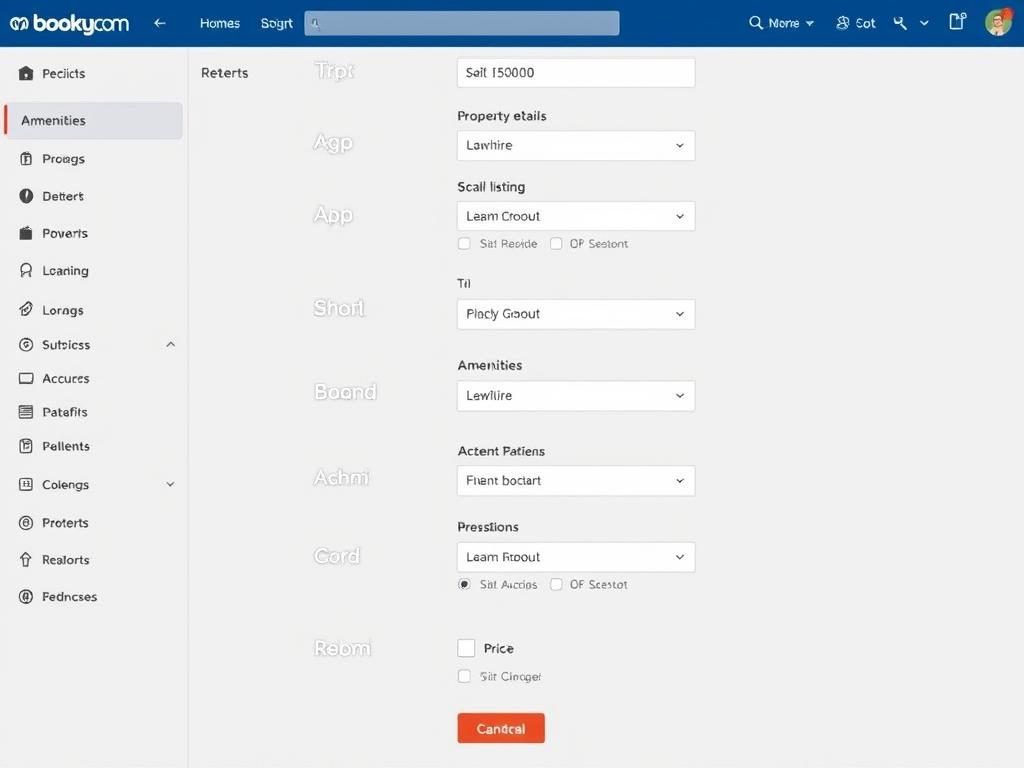
Airbnb Listing Process
Airbnb’s listing process emphasizes storytelling and creating a compelling property narrative. The platform guides hosts through an intuitive flow that focuses on highlighting what makes your space unique and appealing to potential guests.
Airbnb Setup Requirements:
- Property description focusing on unique features
- High-quality photos showcasing the space
- Flexible cancellation policy options
- House rules and guest requirements
- Host profile creation to build personal connection
Airbnb’s interface is designed to be user-friendly for individual hosts, with emphasis on creating an appealing listing rather than managing complex inventory. The platform encourages hosts to showcase their personality and what makes their property special.
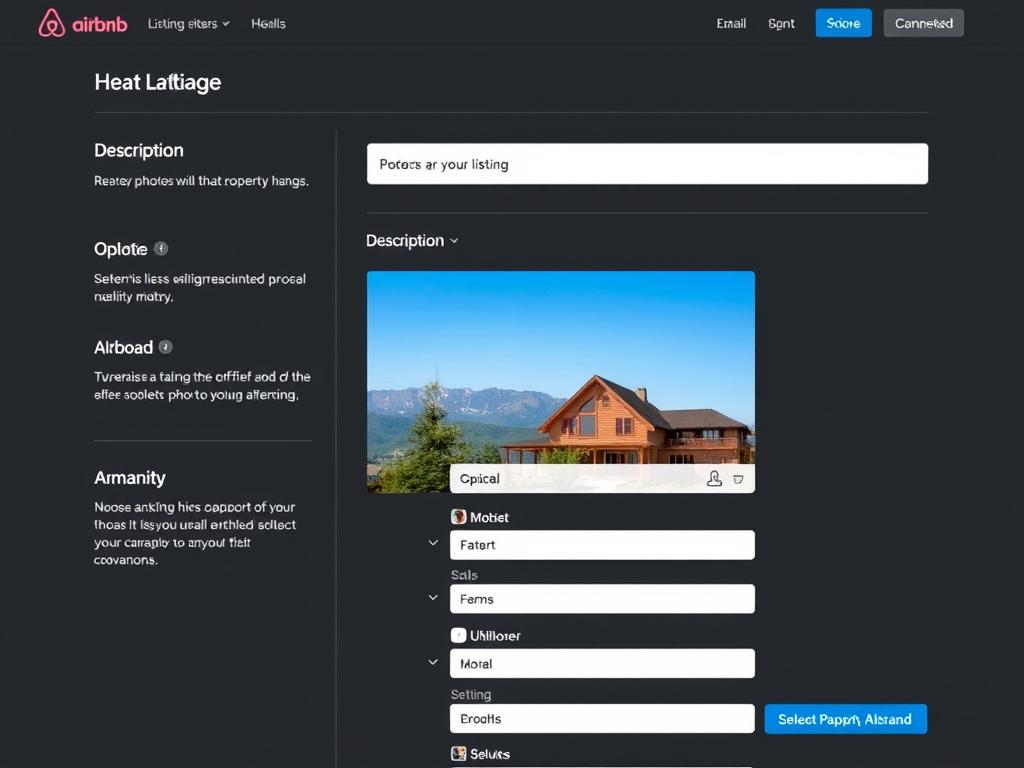
Fees and Commission Structures
Understanding the financial implications of each platform is crucial for calculating your actual revenue and determining pricing strategies.
| Fee Structure | Booking.com | Airbnb |
| Host Commission | 15-20% of booking value | 3% (Split-fee model) or 14-16% (Host-only model) |
| Guest Fees | None (all-inclusive pricing) | 14-16% (Split-fee model) or None (Host-only model) |
| Payment Processing | Included in commission | Included in commission |
| Visibility Boosting | Optional higher commission for better placement | No paid boosting options |
| Cleaning Fees | Can be added separately | Can be added separately |
Booking.com operates on a host-only commission model, typically charging 15-20% of the booking value. This model means guests see the final price upfront without additional fees at checkout. Hosts can opt to pay higher commission rates for better visibility in search results.
Airbnb offers two fee structures: a split-fee model where hosts pay 3% and guests pay 14-16%, or a host-only model where hosts pay the entire 14-16% commission. The host-only model is mandatory in many regions outside North America and provides more transparent pricing for guests.
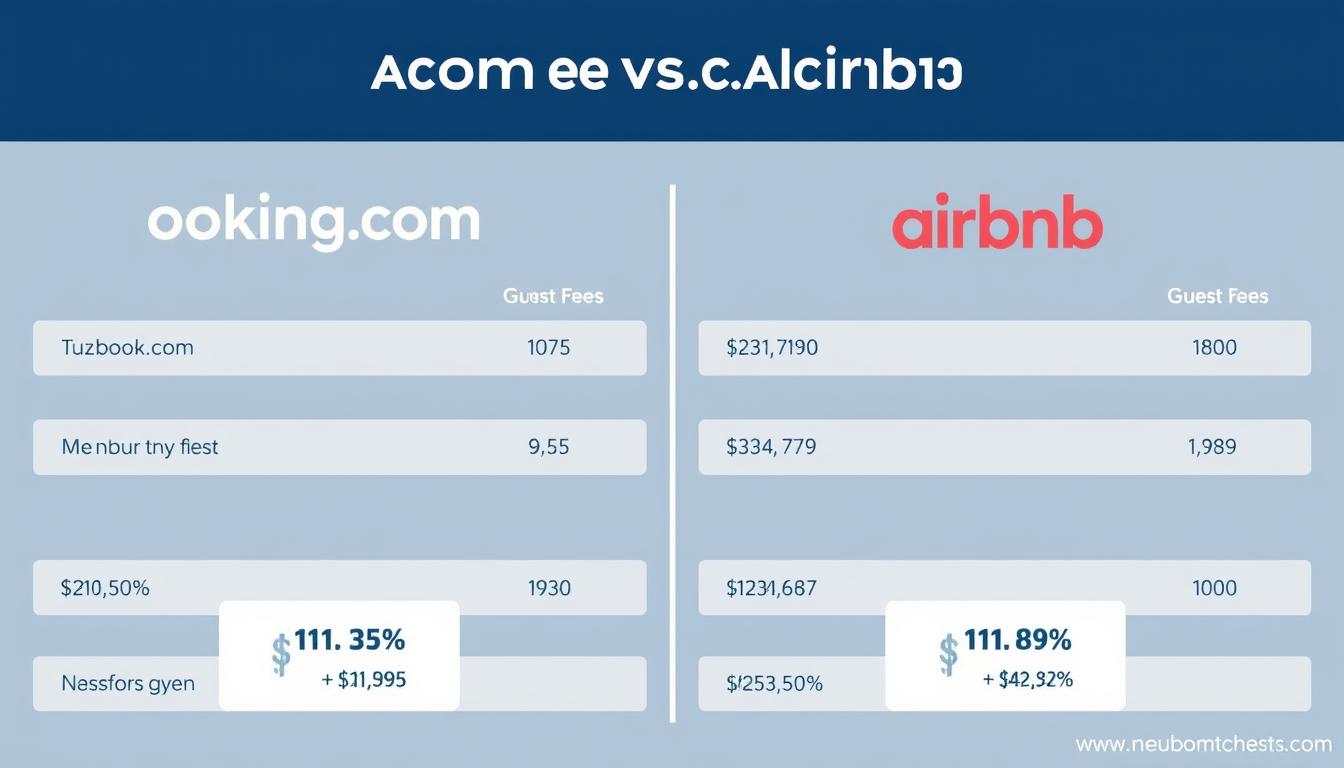
Cancellation Policies and Host Protection
How each platform handles cancellations and property protection significantly impacts your business security and flexibility.
Booking.com Policies
Booking.com offers less structured cancellation options, with hosts able to choose from several basic templates or create custom policies. The platform tends to favor guest flexibility, which can result in more last-minute cancellations.
Booking.com Host Protection:
- No built-in damage protection program
- Hosts must handle damage claims directly with guests
- More flexibility for hosts to cancel bookings
- Less platform involvement in dispute resolution
For property damage, Booking.com provides minimal support, expecting hosts to handle issues directly with guests. This hands-off approach gives hosts more autonomy but less protection when problems arise.
Airbnb Policies
Airbnb offers six standardized cancellation policies ranging from Flexible to Super Strict, giving hosts more control over their booking terms. The platform’s policies are clearly communicated to guests before booking.
Airbnb Host Protection:
- AirCover for Hosts provides up to $3,000,000 in damage protection
- Structured claim process through the Resolution Center
- Stricter penalties for host cancellations
- More platform involvement in dispute resolution
Airbnb’s AirCover for Hosts program offers significant protection against property damage, though the claim process can be detailed and time-consuming. The platform takes a more active role in mediating disputes between hosts and guests.

Managing Multiple Platforms: The Channel Management Solution
Rather than choosing between platforms, many successful property owners list on both Booking.com and Airbnb to maximize visibility and bookings. However, this approach comes with challenges that require proper tools and strategies.
Multi-Platform Challenges:
- Calendar synchronization to prevent double bookings
- Managing different guest communication styles
- Maintaining consistent pricing across platforms
- Handling platform-specific policies and requirements
- Tracking performance and analytics from multiple sources
Channel management software has become essential for property owners listing on multiple platforms. These tools automatically synchronize calendars, standardize messaging, and centralize booking management from a single dashboard.
Calendar Sync
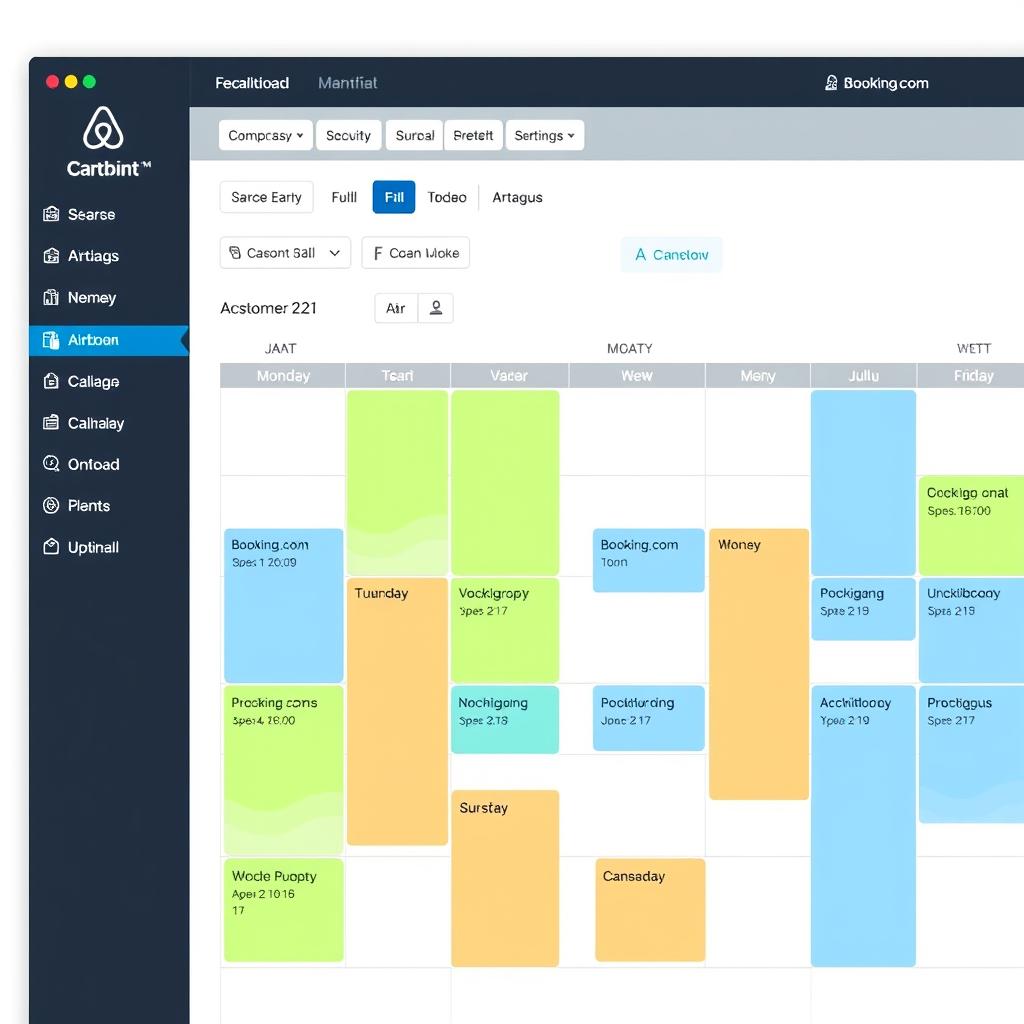
Prevent double bookings with real-time calendar synchronization across all platforms. When a reservation is confirmed on one platform, availability is instantly updated everywhere else.
Unified Inbox
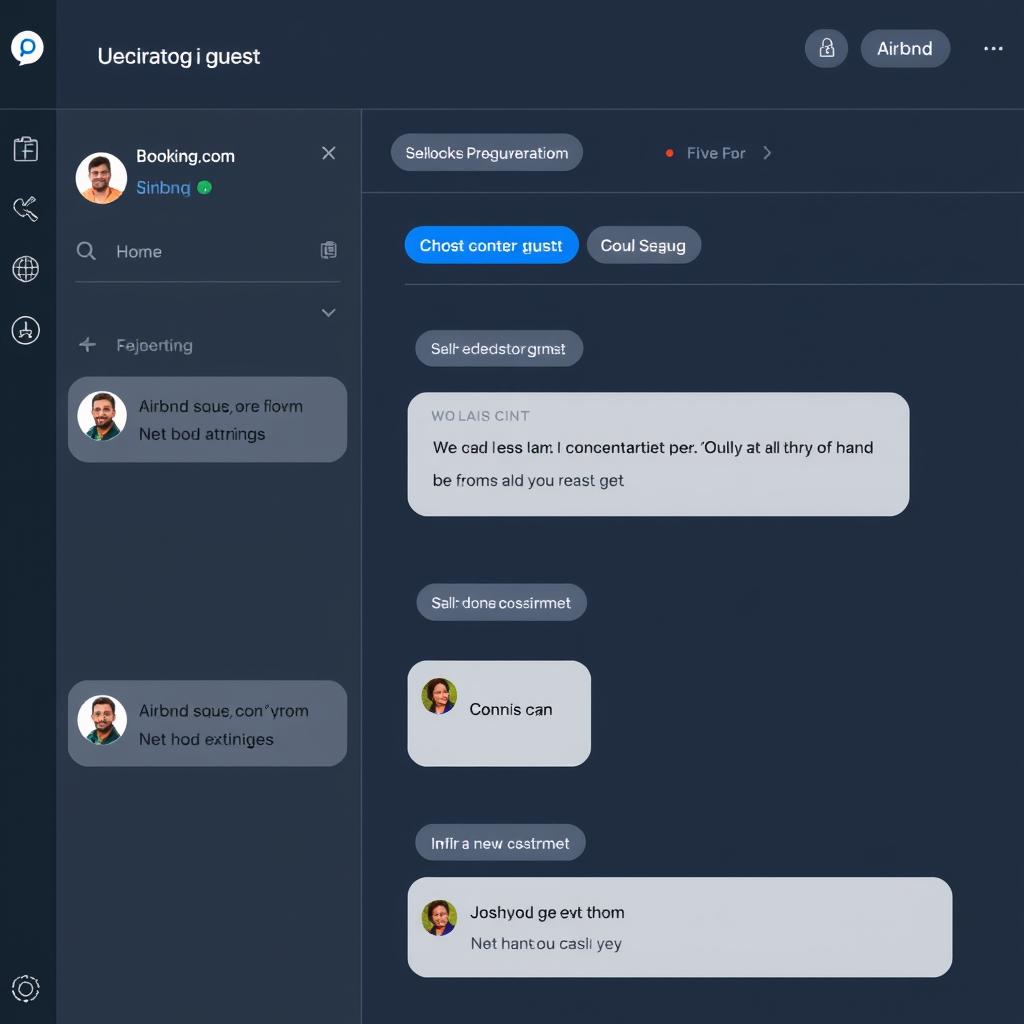
Manage all guest communications from a single inbox, with platform-specific templates that match each site’s typical communication style and guest expectations.
Dynamic Pricing
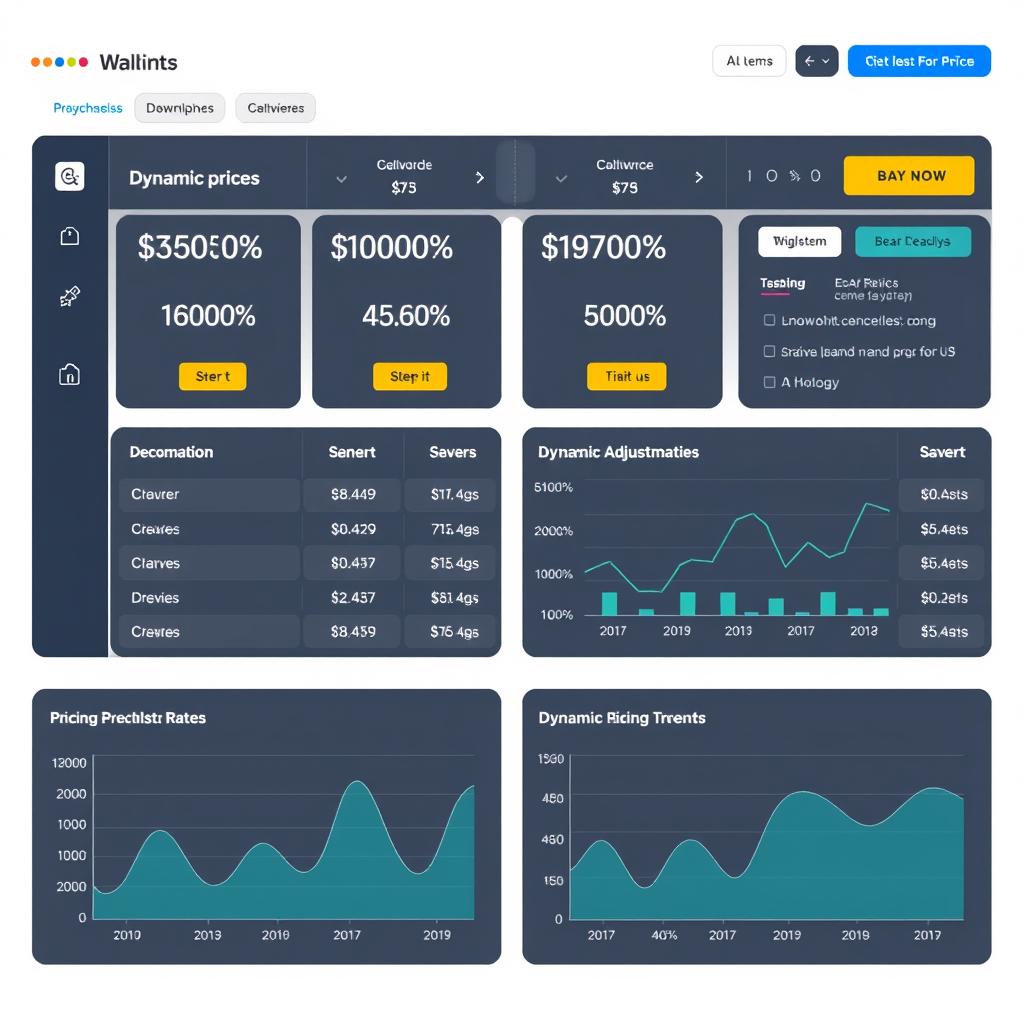
Implement automated pricing strategies that adjust rates based on demand, seasonality, and competitor pricing across all platforms simultaneously.
With the right channel management solution, property owners can leverage the strengths of both Booking.com and Airbnb without doubling their workload. This approach typically results in higher overall occupancy and revenue compared to listing exclusively on either platform.

Conclusion: The Best of Both Worlds
When comparing Booking vs Airbnb, there’s no definitive “better” platform—each offers distinct advantages that appeal to different property types and management styles. Booking.com excels in booking volume and global reach, particularly in Europe and Asia, with a streamlined approach that minimizes host-guest interaction. Airbnb offers stronger host protections, better tools for unique properties, and a community-focused approach that resonates with experience-seeking travelers.
Rather than choosing one platform exclusively, most successful property managers leverage both to maximize visibility and bookings. With the right channel management tools, you can synchronize calendars, standardize communications, and implement consistent pricing strategies across platforms without doubling your workload.
As both platforms continue to evolve and expand beyond their original models, staying adaptable and leveraging technology to manage multiple channels will be key to success in the competitive vacation rental landscape.

Frequently Asked Questions
Is it cheaper to book on Airbnb or Booking.com?▶
Price comparisons depend on how each platform handles fees. Booking.com includes all commissions in the displayed price, while Airbnb may add service fees at checkout in regions using the split-fee model. For identical properties, prices can differ based on the host’s pricing strategy and the commission structure they’re using on each platform.
Which platform has better cancellation policies?▶
Airbnb offers more structured cancellation options with six standardized policies ranging from Flexible to Super Strict. This gives hosts greater control over their terms. Booking.com provides fewer standardized options but allows for more customization. Generally, hosts report that Airbnb’s support team is more responsive when cancellation issues arise.
How do I manage listings on both platforms without double bookings?▶
Channel management software is essential for multi-platform listing. These tools automatically synchronize calendars across platforms, update availability in real-time when bookings occur, and provide a unified dashboard for managing all reservations. Without such tools, manual calendar updates are required, which can lead to errors and double bookings.
Which platform is better for unique or luxury properties?▶
Airbnb typically performs better for unique, distinctive, or luxury properties. The platform’s emphasis on photography, storytelling, and unique experiences aligns well with standout accommodations. Booking.com tends to perform better for standardized properties where guests prioritize location and amenities over unique character.
Manage Your Properties Across Both Platforms
Stop choosing sides. Our property management solution helps you maximize visibility and bookings on both Booking.com and Airbnb without doubling your workload.
Stop Choosing Between Platforms
Our channel management solution helps you list on both Booking.com and Airbnb while managing everything from one dashboard. Synchronize calendars, automate messaging, and maximize your revenue.
Maximize Your Revenue Across Platforms
Our dynamic pricing tools and channel management system help you optimize rates on both Booking.com and Airbnb, ensuring maximum profitability without the headache of manual adjustments.
Ready to Maximize Your Property’s Potential?
Our comprehensive property management solution helps you leverage the strengths of both Booking.com and Airbnb while eliminating the hassle of managing multiple platforms.
